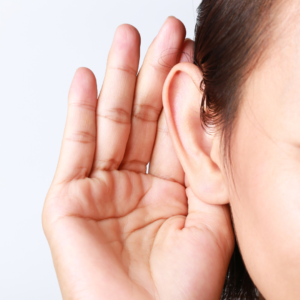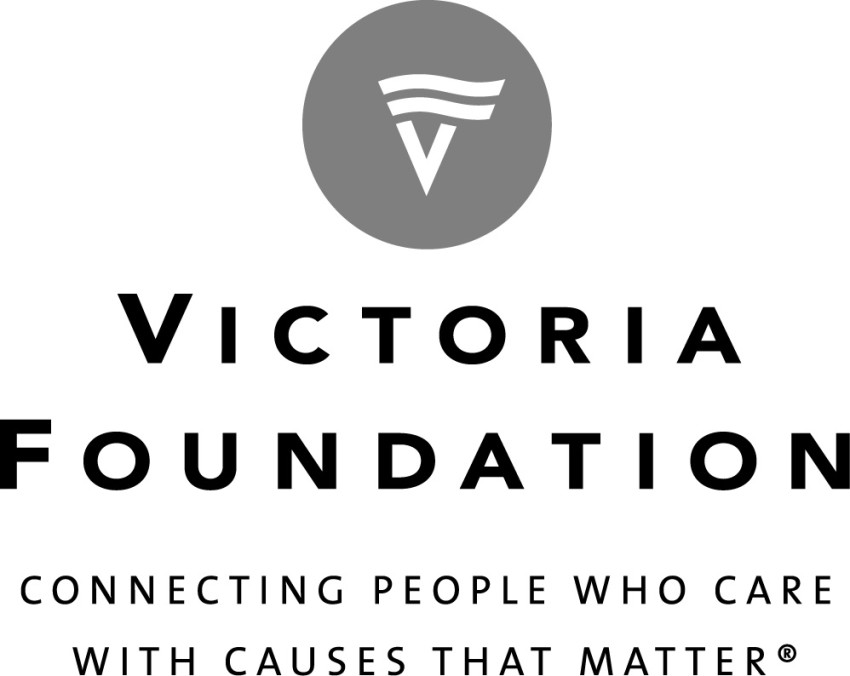
How has living with ADHD affected different areas of your life, such as your career or relationships?
Looking back, I would choose jobs that were very busy to combat boredom. I had to be doing something at all times. If not, I would be so bored, I would get teary. I didn’t know that this was about stimulation (being under or overstimulated): I preferred urgent and stressful tasks because it was stimulating to me!
I remember having to interrupt friends often so that I didn’t forget what I was trying to say. Waiting and slowing down was difficult for me, which is typical for someone with ADHD. I have the predominantly hyperactive presentation of ADHD, but throughout my life when I didn’t know that, I was just labeled as having a larger than life personality, or being quirky and bubbly.
It is common for women with ADHD to be misdiagnosed with another mental illness before receiving an ADHD diagnosis. When were you diagnosed, and did you have this experience?
Yes, I too belong to that group of people where I got diagnoses for co-occurring conditions before ADHD, specifically depression and anxiety. I was diagnosed in 2020, and I was 25 years old at the time. So, quite late – but I hear so many stories of women getting diagnosed even later. During times when I didn’t have much going on and there was a lack of routine, like Christmas break, I would enter a depressive episode. At first, my family doctor thought it was seasonal depression, but I also struggled with depression in the summer after my first year of university. We realized the problem was that when I don’t have a clear structure or routine in my life, I get very under-stimulated.
Since I knew this pattern but did not understand what was wrong, I got stuck in that cycle throughout my university years. I tried to combat it by overbooking myself in my second year of university: I had 4 part-time jobs on campus at one time. I was stressed, but that was better than feeling sluggish. It was all an effort to have structure and routine. People with ADHD have a hard time with organization and task initiation when there is no routine.
Looking back, did you have any early signs of ADHD growing up?
Absolutely. I was never a disruptive kid, but I had too much energy and would talk a lot. When things interested me, I had obsessive focus. I excelled in things that interested me, but failed in areas that did not interest me at the time.
I was happiest when I had a clear structure to my day and when I was busy. I had so much energy that my parents and teachers would try to “tire me out,” and this was an everyday task. Now when I feel like this, I try to channel that burst of energy and put it to good use!

A big one is making sure that I have enough going on. I have this optimal level of “busy” where I’m very happy. When I’m predicting a slow period without a lot of routine, I try to plan ahead and create some sort of structure for myself.
I also utilize the loved ones in my life to help me with things I struggle with. I used to have shame around this, but everyone needs help with certain things, and it’s okay to ask for help. For example, I do a lot of “body doubling” with friends. It’s pretty much 2 or more people working on a call together. We each work on our own stuff, but the presence of the other person is motivating to me.
In your opinion, what are some common misconceptions about women with ADHD?
ADHD symptoms definitely get overlooked in women, even when we are struggling. This could be because girls often exhibit the predominantly inattentive presentation of ADHD, like daydreaming and not paying attention. But parents expect to see the predominantly hyperactive-impulsive presentation that is more often seen in boys.
Also, girls tend to be less disruptive than boys with ADHD. Societal norms about how we are expected to behave play a role in this. Even though I have the hyperactive predominant type, I masked my symptoms quite well over the years to be
Tell us about your research! How has your experience with ADHD shaped your approach to this work?
I know my strengths and weaknesses. I ask my supervisor for clear deadlines to stay on track, and I like having many things on the go at once. I believe this makes me a well-rounded research trainee. I’m working on my thesis and other exciting projects, and I participate in a lot of knowledge translation and science communication efforts. I do a lot of professional development activities as well. I feel like reaching an optimal level of busyness – enough stimulation where I’m not overly stressed but also not bored – can be difficult. But once I find that sweet spot, I’m in a good place mentally!































